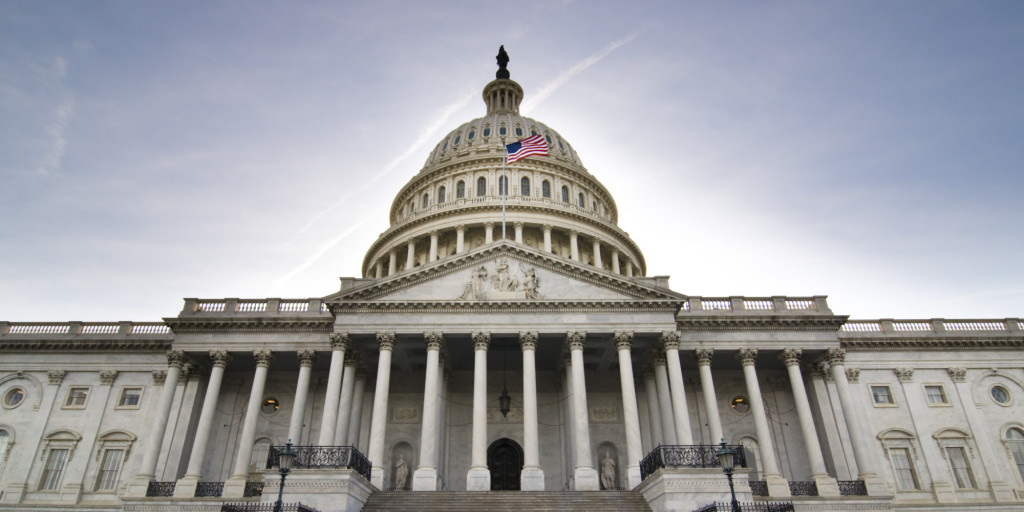One of my top priorities in Congress is reining in so-called “backdoor legislating,” which happens when federal agencies issue sweeping rules and regulations beyond their appropriate authority. To be sure, federal regulations are nothing new. Over the years Congress has seen fit to delegate rule-making responsibilities to various agencies to deal with specific issues and allow for a more responsive government. However, I believe some agencies have taken this authority too far, growing into what many call the “fourth branch” of government.
While I realize our country is facing many pressing issues at the moment, I believe more attention should be paid to over-regulation because it fundamentally affects our liberty as Americans. Our laws have legitimacy because they are passed by representatives elected by and accountable to the people. While some rules and regulations can have the same force as law, they were never voted on or ratified by the Congress.
During my time in the House of Representatives I have supported several different measures to rein in the regulatory system, and this past week we took action on another: The Regulatory Integrity Act of 2016 (H.R. 5226). This bill aims to bring more accountability to the regulatory process in two parts. First, it would require each federal agency to publish information about any pending rules and regulations in an easily understandable and searchable format on www.regulations.gov.
This resource is supposed to provide a one-stop-shop for business owners, consumers, journalists or just interested citizens to look up pending regulatory action and gain a more clear understanding of what it is and how it will impact them. But, right now the site is difficult to navigate and oftentimes agencies fail to publish this information in the same way that they are required to publish it in the Federal Register. It has been said that the most powerful antiseptic to waste, fraud, and abuse in government is transparency. I believe having the public more aware of impending rules or regulations will discourage overreach and abuse.
Second, the bill prohibits federal agencies from lobbying or campaigning in support of proposed rules and regulations. Some agencies, including the Environmental Protection Agency, have attempted to game the public comment process by actively campaigning to generate positive comments in an effort to make regulations appear more popular than they are. That kind of behavior is inappropriate, and it reveals how politically-motivated some of these rules actually are. If regulations cannot stand up to public scrutiny on their own without government-led “astro-turf” campaign, they deserve to be scrapped.
The Regulatory Integrity Act passed the House in a bipartisan vote of 250-171. It now goes to the Senate, where I hope it will be given swift consideration. We may not be able to reverse decades of bureaucratic growth overnight, but with measures like this we can make federal agencies more transparent and more accountable to the people.
•••
Martha Roby represents Alabama’s 2nd Congressional District. She lives in Montgomery, Alabama with her husband, Riley and their two children.
Related
Share via:














